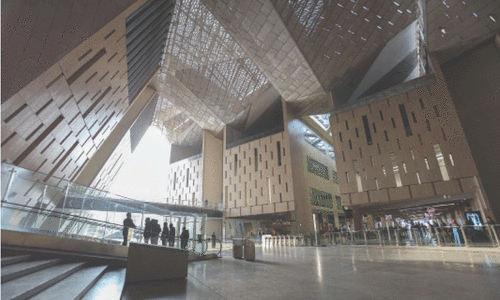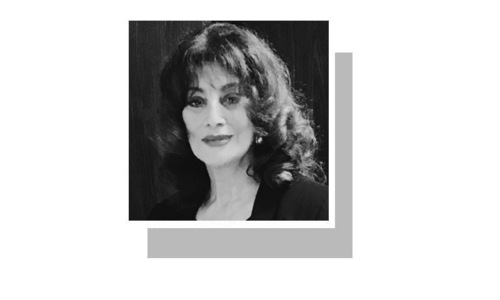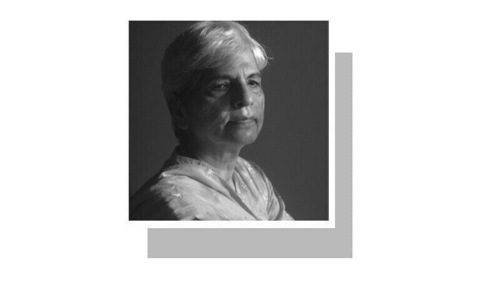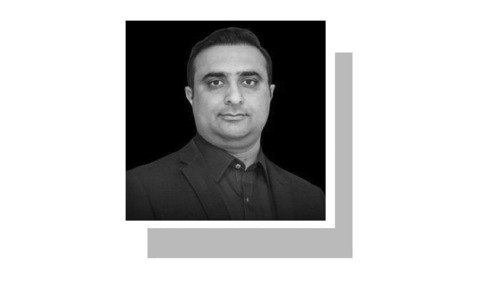TEHRAN, Aug 11: Iran said on Monday it has agreed with the EU to continue talks aimed at resolving the nuclear crisis but again insisted it will press on with contested work despite the threat of more sanctions.
Top nuclear negotiator Saeed Jalili spoke by phone with EU foreign policy chief Javier Solana, the pointman for six major powers which have offered Iran an incentives package in return for a freeze in uranium enrichment activities.
Their talks came just days after European Union nations last week introduced fresh sanctions against Iran over its atomic drive, which western nations fear could be a cover for a secret nuclear weapons programme.
“The two sides agreed to continue negotiations in a constructive atmosphere,” Iranian state television reported. “Solana and Jalili voiced satisfaction at the constructive trend of negotiations in Geneva and the contacts afterwards.” In Brussels, Solana’s office confirmed the conversation but gave no details.
President Mahmoud Ahmadinejad however reiterated that Tehran will press on with its nuclear programme, despite the risk of fresh UN Security Council sanctions.
“They’ve deeply understood that Iran’s peaceful nuclear programme will never be halted and of course they have no choice but to keep on talking to Iran,” Ahmadinejad was quoted as telling visiting Algerian President Abdelaziz Bouteflika.
“Despite threats and sanctions by a number of big powers, our nation is robust and is continuing living its own life as they cannot put obstacles in the path of our progress,” Ahmadinejad added, according to the state run television website.
Algeria is a member of the Non-Aligned Movement, which supports Iran’s civilian nuclear activities.
Jalili met on July 19 in Geneva with Solana and other representatives of the six major powers, including a US official, in a shift in Washington’s policy in dealing with Tehran on the nuclear standoff. The two men also spoke by phone on August 4.
On Friday, the 27-member EU announced new sanctions against Iran, including restrictions on public loans and tougher cargo inspections.
The move came after Tehran gave an ambiguous answer to the demands of the six nations — UN Security Council permanent members Britain, China, France, Russia and the United States plus Germany.
Iran is facing a possible fourth round of UN sanctions over its refusal to halt enrichment, a process which makes nuclear fuel but also the core of an atomic bomb.
On Wednesday, Britain and the United States said the six powers now had “no choice” but to seek new UN sanctions after Iran failed to give a “clear positive response” to the incentives package.
The European Union and the United States have also imposed restrictions on the activities of Iran’s largest banks which are running in parallel to the three sets of sanctions agreed by the Security Council.
Iran retaliated to the European move by ordering the state oil company to deposit oil revenues only in selected banks.
Oil exports are by far the biggest foreign currency earner for Iran, which is Opec’s second largest exporter.
Thanks to record oil prices — which have soared in part due to tensions over the nuclear crisis — Iran earned $29.5 billion in the first four months of the current calendar year which began on March 20.
Last week Iranian officials held talks with top UN atomic watchdog official Olli Heinonen who was on a two-day mission to the country.
Heinonen has made a series of visits to Iran as part of the IAEA’s long-standing efforts to ensure there is no military dimension to its nuclear programme.—AFP











































